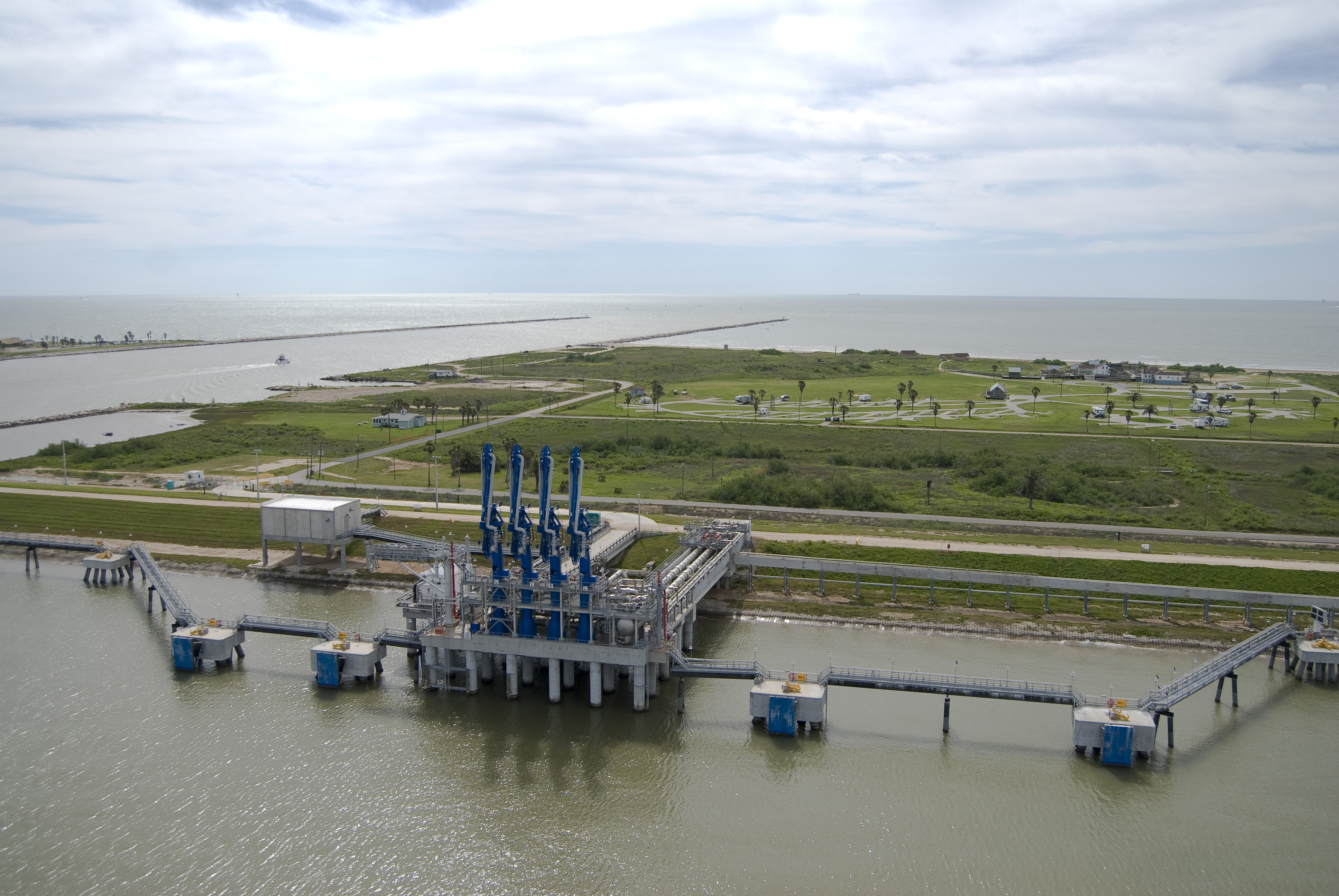Natural Gas Flows to Freeport LNG Plant Dropped Wednesday, Sources Say

(Reuters) - Natural gas flows to a Freeport liquefied natural gas (LNG) export plant in Texas declined on Wednesday, likely leading to a reduction in LNG output, two sources said.
Freeport is the third largest LNG export facility in the U.S. and has helped the country remain the world's largest exporter of the superchilled gas.
It is one of the most closely watched LNG export plants in the world because the start and stop of its operations can often cause price swings in global gas markets. It has a capacity to consume 2.2 billion cubic feet of gas per day (bcf/d) and can produce 16.3 million metric tons per annum (MMtpa) of LNG.
When flows to Freeport drop, gas prices in the U.S. usually decline due to lower demand from the plant for the fuel. Meanwhile, prices in Europe usually increase due to a drop in LNG supplies available to global markets from the plant.
Freeport declined to comment.
Last Friday, the company experienced a brief power outage to one of its plants, commonly called trains, and had to take the plant out of service to cool down before eventually restarting it, according to a filing with the Texas Commission on Environmental Quality (TCEQ).
Freeport reported last Friday's trip was caused by the plant's compressor system, according to the TCEQ filing.
Related News
Related News

- Enbridge Plans 86-Mile Pipeline Expansion, Bringing 850 Workers to Northern B.C.
- Intensity, Rainbow Energy to Build 344-Mile Gas Pipeline Across North Dakota
- Energy Transfer to Build $5.3 Billion Permian Gas Pipeline to Supply Southwest
- Enbridge Sees High Demand to Expand 593-Mile Canada-to-U.S. Gulf Oil Pipeline
- Strike Pioneers First-of-Its-Kind Pipe-in-Pipe Installation on Gulf Coast with Enbridge
- A Systematic Approach To Ensuring Pipeline Integrity
- 275-Mile Texas-to-Oklahoma Gas Pipeline Enters Open Season
- LNG Canada Start-Up Fails to Lift Gas Prices Amid Supply Glut
- Strike Pioneers First-of-Its-Kind Pipe-in-Pipe Installation on Gulf Coast with Enbridge
- Enbridge Sees High Demand to Expand 593-Mile Canada-to-U.S. Gulf Oil Pipeline




Comments